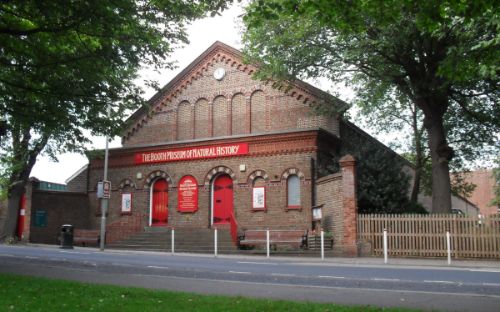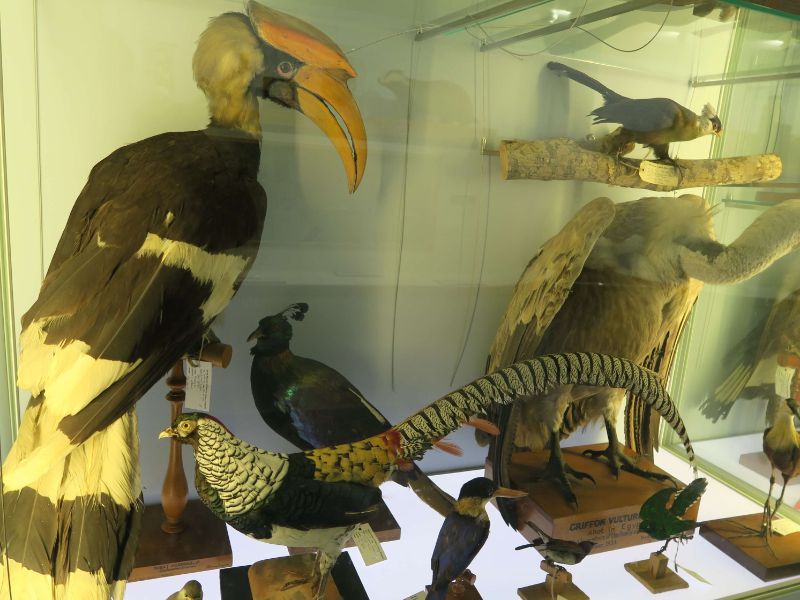Booth Museum of Natural History and its collection
The Booth Museum of Natural History, located in the city of Brighton and Hove, is a municipally-owned museum with a focus on Victorian taxidermy, entomology, chalk fossils, skeletons, and botany. It is part of the Royal Pavilion & Museums Trust and offers free admission to all visitors. The museum's collections are extensive and diverse, providing a comprehensive look at the natural world through the lens of Victorian science and artistry.
Edward Thomas Booth and the Bird Collection
The Booth Museum was established in 1874 by Edward Thomas Booth, a naturalist and collector with a particular interest in birds. Booth's ambition was to collect examples of every bird species found in Britain, including males, females, juveniles, and any plumage variations. While this goal was not fully realized, the museum still houses a significant collection of British birds, presented in Victorian-style dioramas that recreate their natural habitats.
The Extensive Collection at the Booth Museum
The Booth Museum's collection is vast and varied, including approximately 700,000 insects, 73,000 vertebrate related specimens, 35,000 fossils and minerals, 60,000 plants, and 5,000 microscopic slides. These collections provide a comprehensive overview of the natural world, from the smallest insects to the largest vertebrates, and from ancient fossils to contemporary plant specimens.
Nature & Natural History Science & Technology Animals Botanical garden Geology Zoo
#190 Nature & Natural History in England #163 Science & Technology in England #35 Animal museums in England #18 Botanical gardens in England #26 Geology museums in England #8 Zoos in England #188 Science & Technology in United Kingdom #41 Animal museums in United Kingdom #23 Botanical gardens in United Kingdom #32 Geology museums in United Kingdom #8 Zoos in United Kingdom #92 Botanical gardens in Europe #174 Geology museums in Europe
















